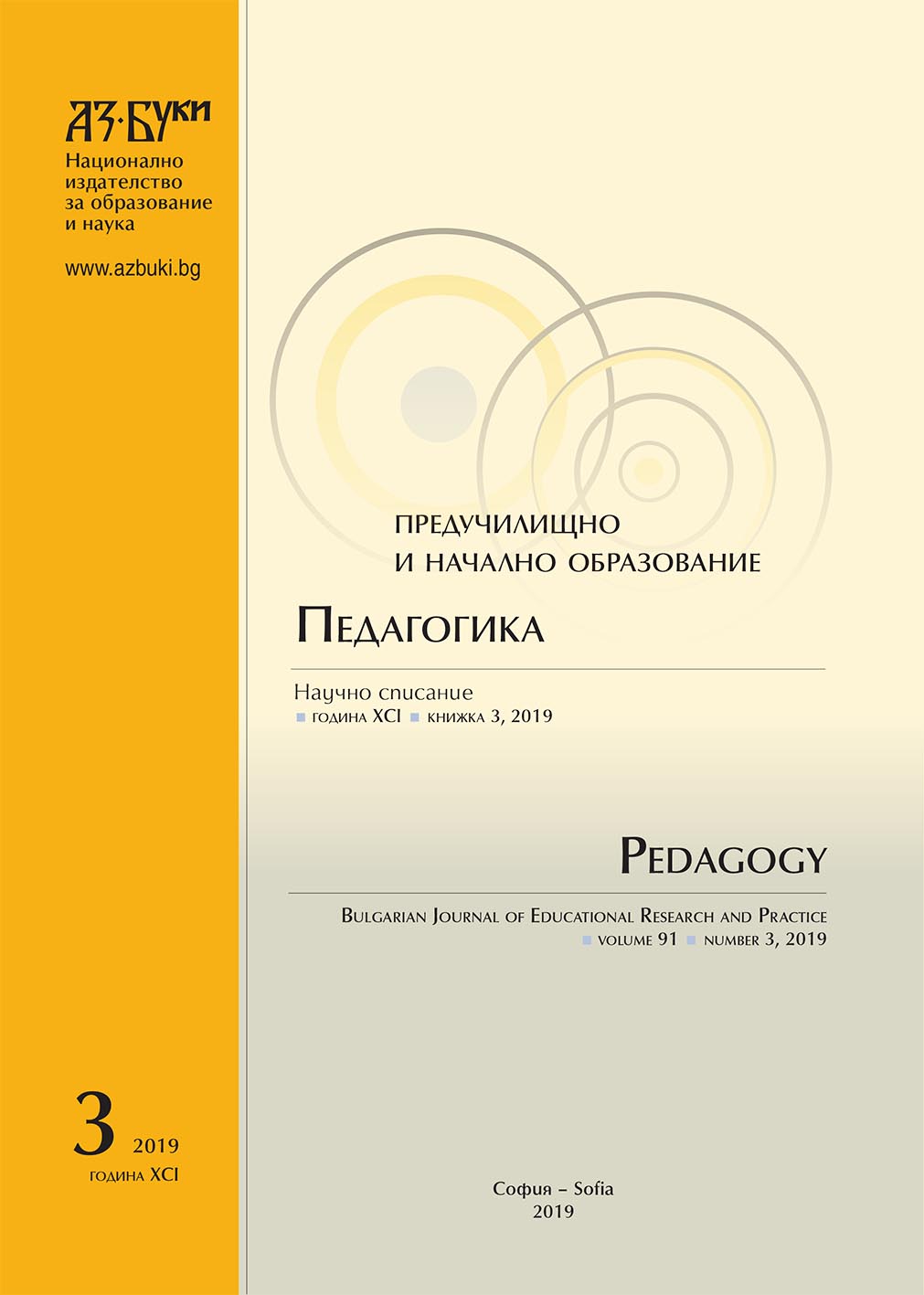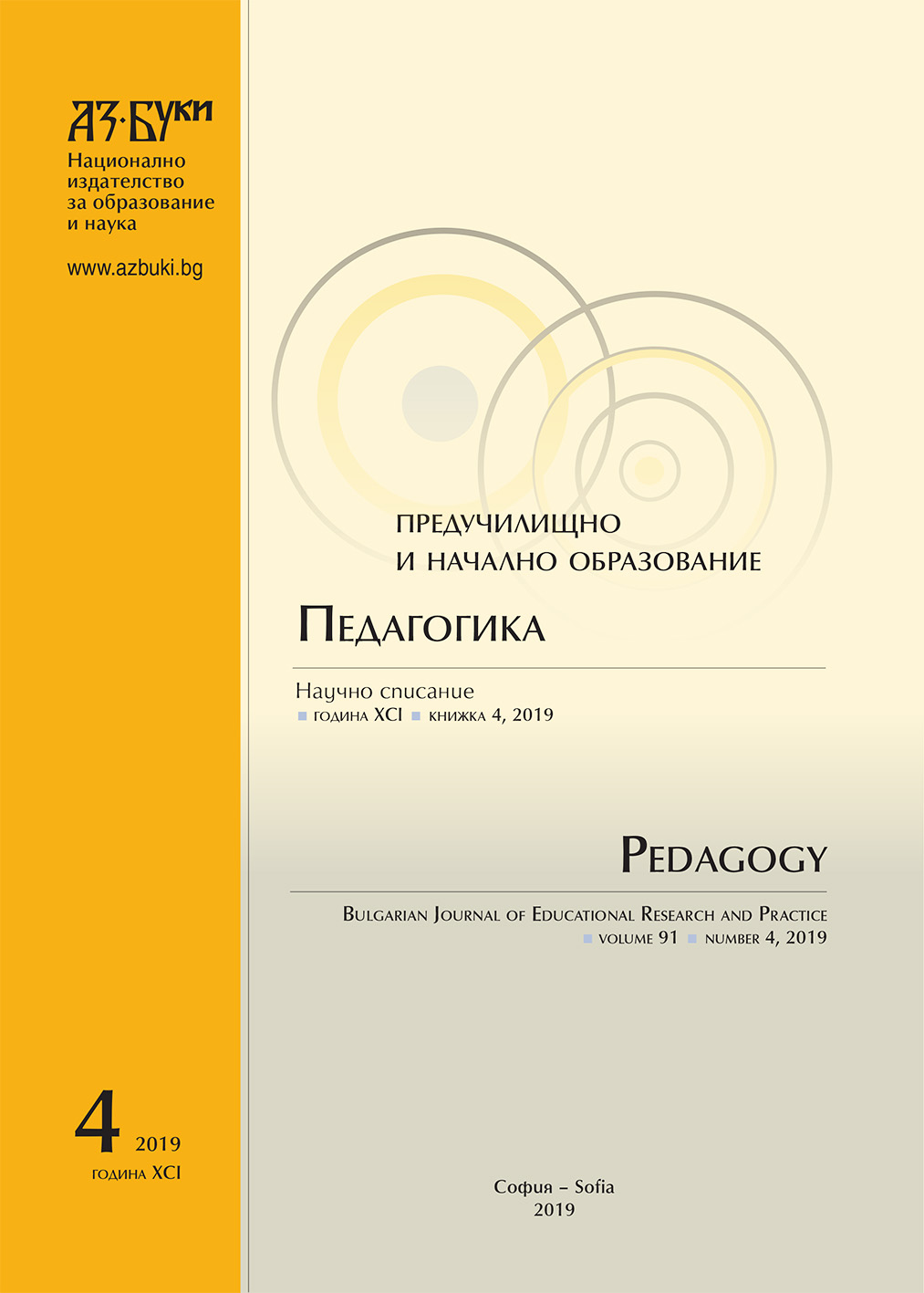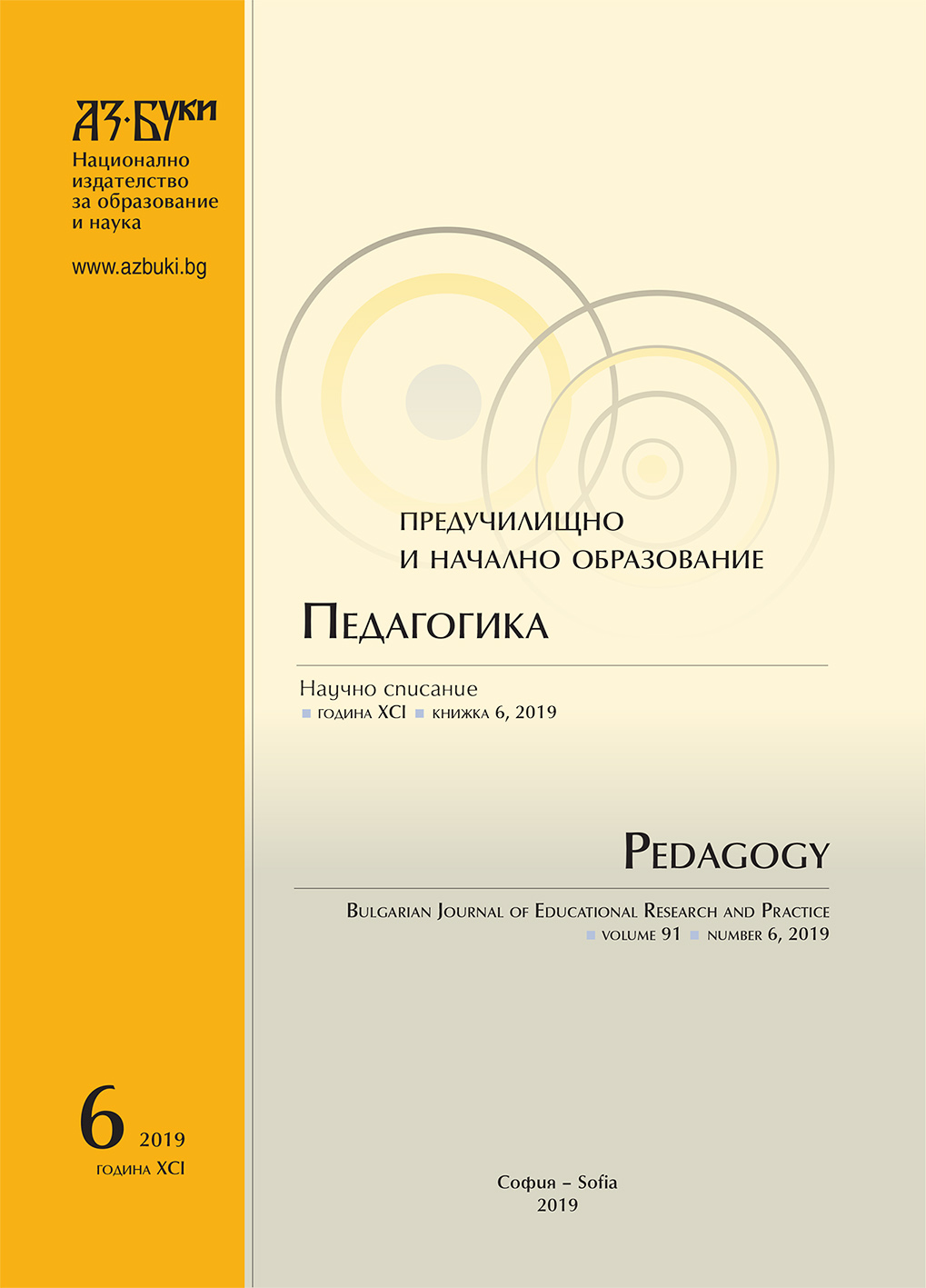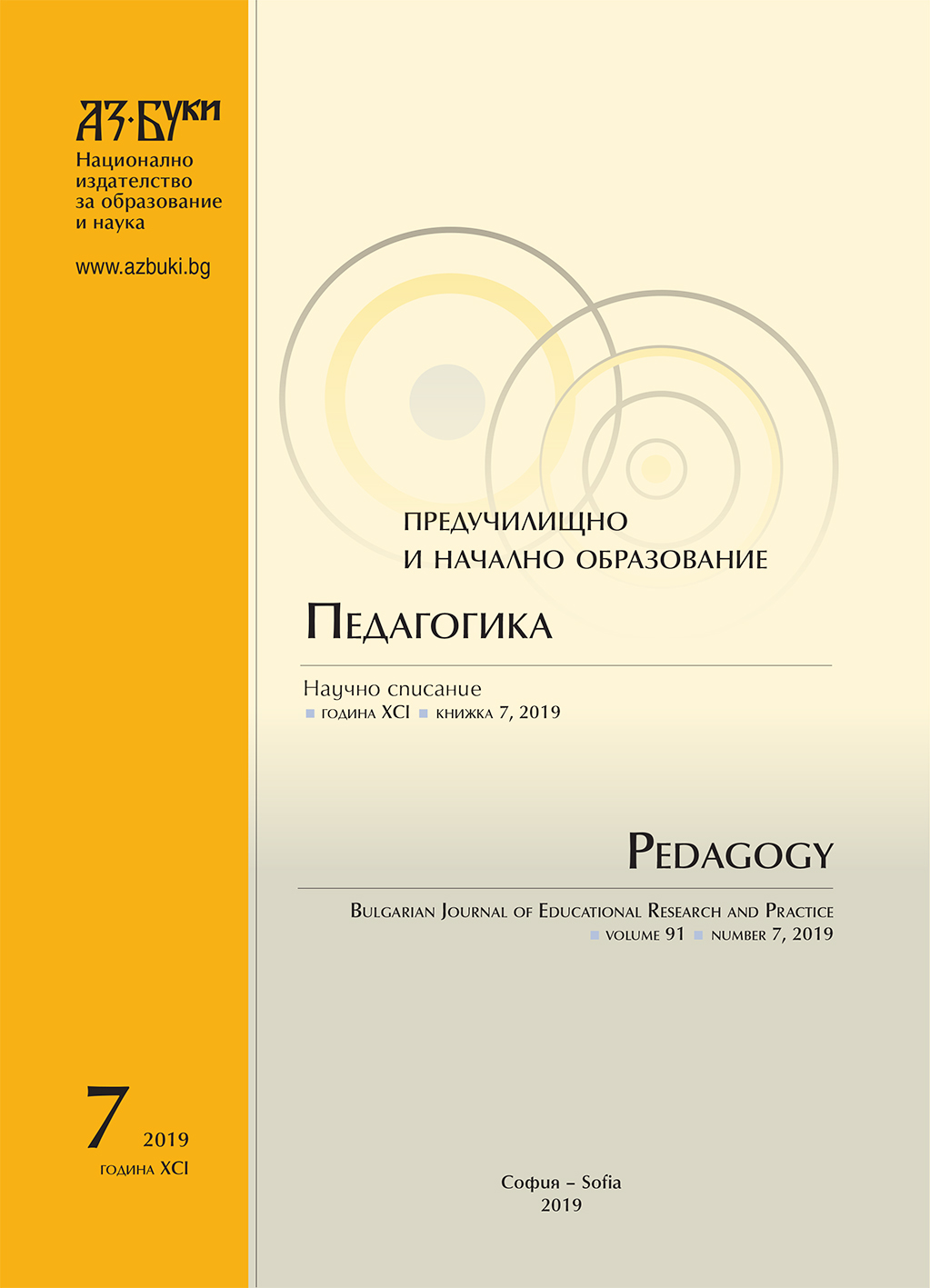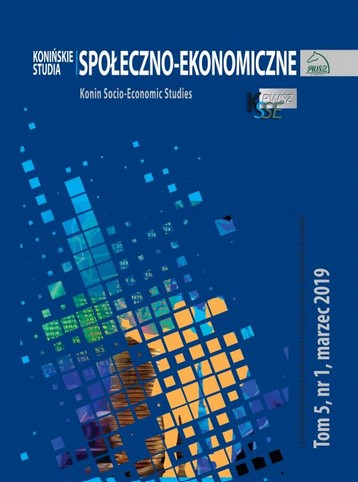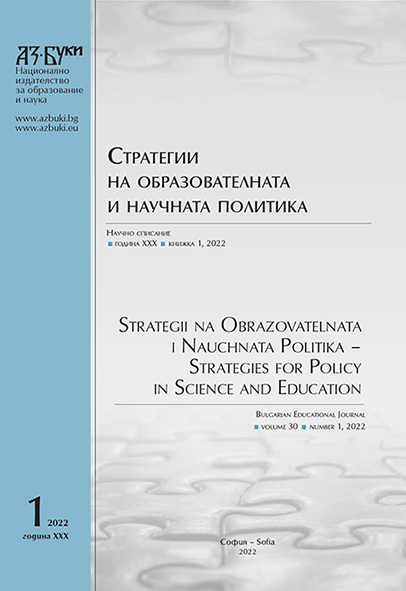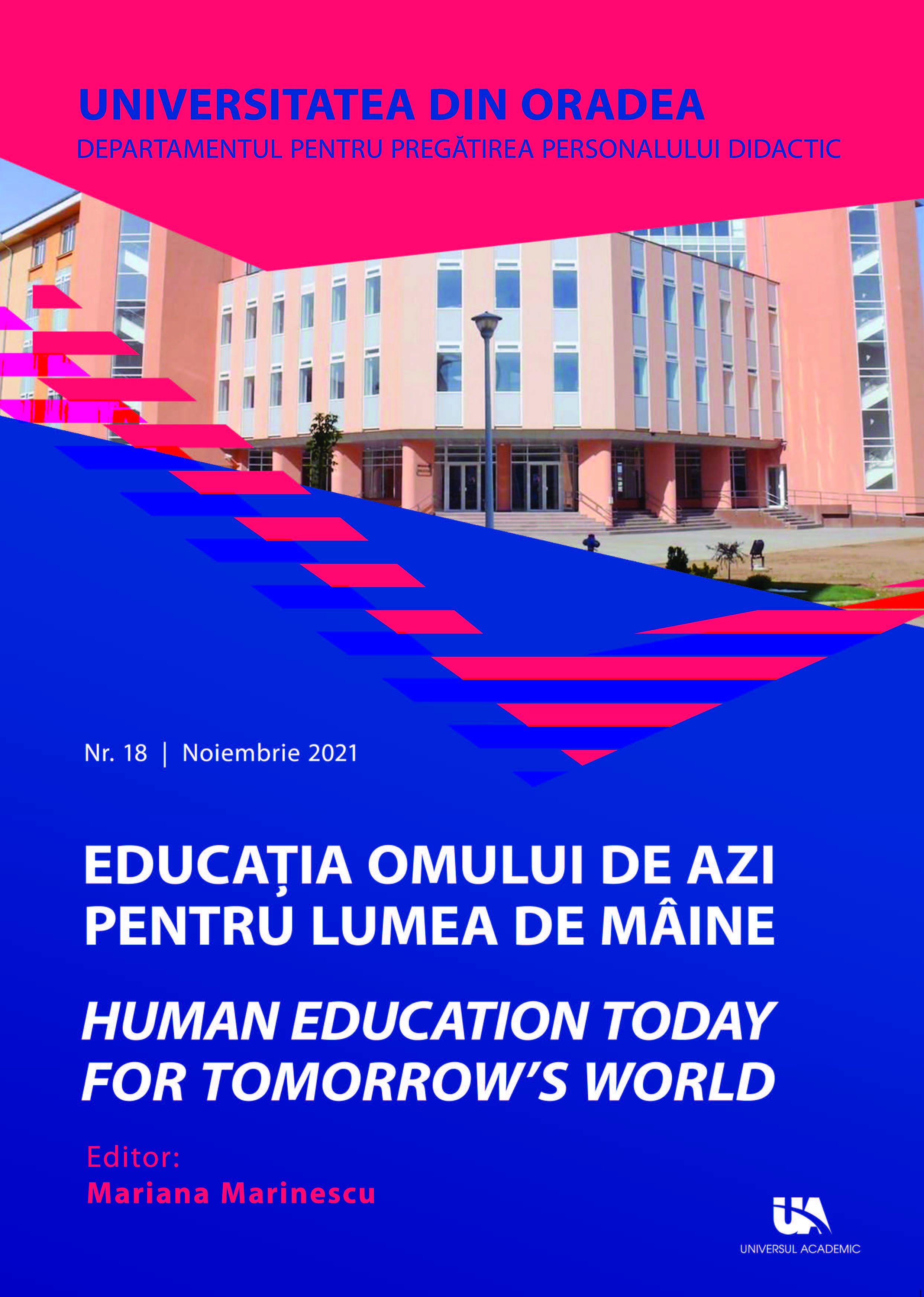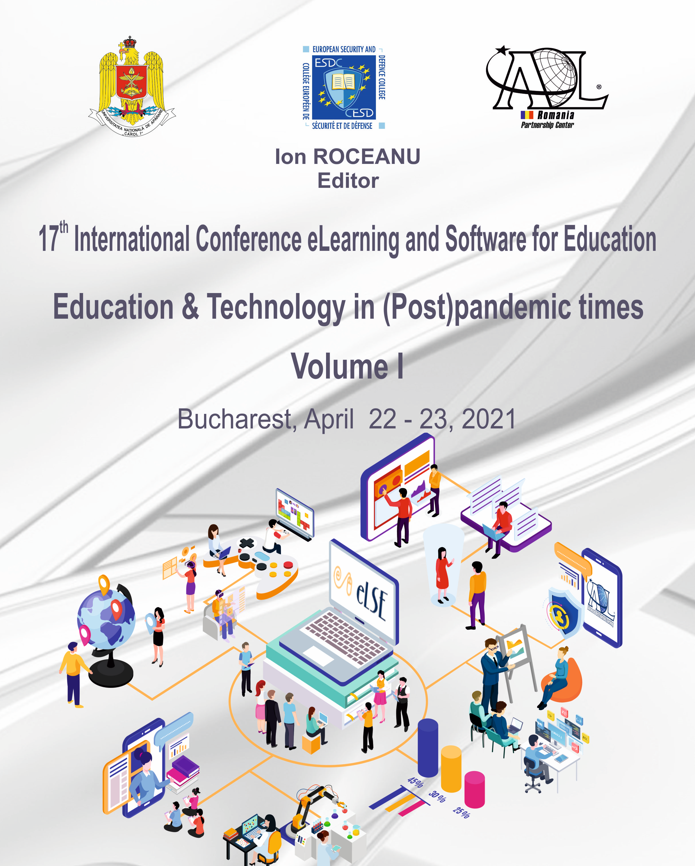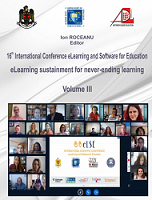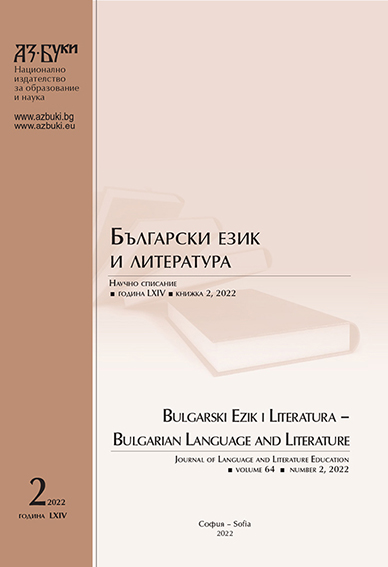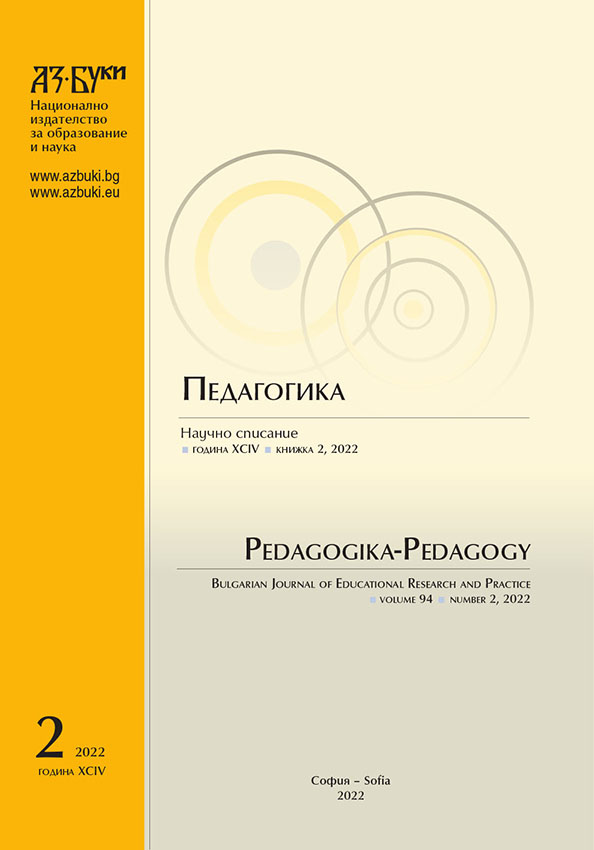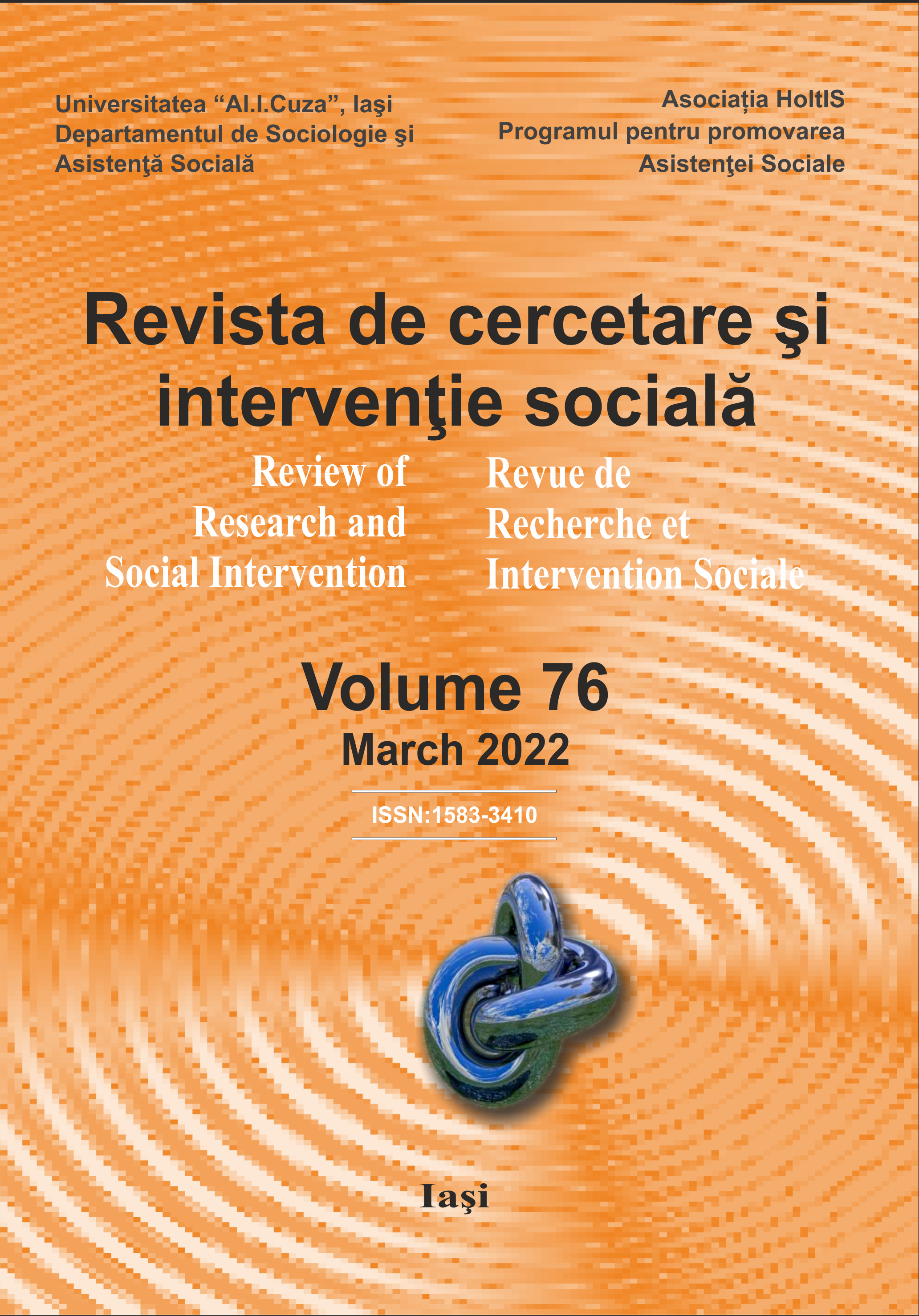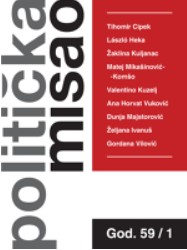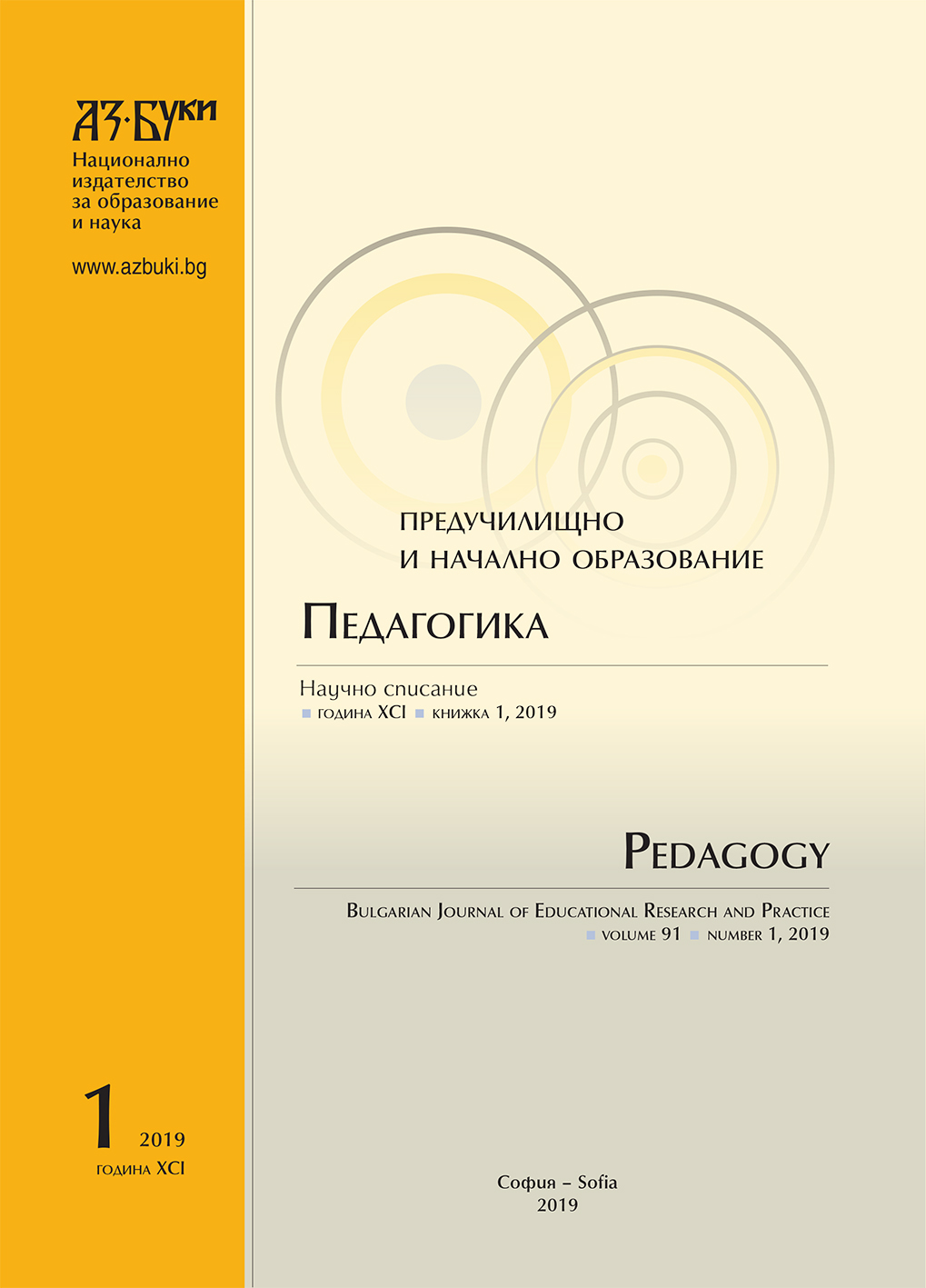
Оп арт в математическото образование, или преброяване на четириъгълници
The study of mathematics through fine arts is presented in the context of STEAM (Science, Technology, Engineering, Art and Mathematics) education as a way of bringing the teaching/learning process closer to practice. What is meant here is how to use mathematical knowledge in the creation of works of art, as well as how to explore works of art by means of mathematics and informatics tools. How to provide conditions for explorations in mathematics classes related to finding patterns, mathematical modeling and rational counting is presented by means of “Op art” paintings. A task for counting black quadrilaterals has been set up in specially designed compositions in that style. Cases of different parity, starting with a relatively small number of quadrilaterals, and the effect of the art under consideration have been taken into account when creating these compositions. Various ways of rational counting are discussed. An experiment involving formal and informal education is presented. A theme from the Virtual Mathematics Laboratory being developed in the Mathematics and Informatics Education Department of the Institute of Mathematics and Informatics at the Bulgarian Academy of Sciences has been used in a class setting. The results of work on an analogous task of the online VIVA Mathematics with Computer Competition and from a poll conducted with the participants are presented. Тhe provocation to create compositions in this style, including by means of software products, has been discussed. A glass work of art in Op Art style is discussed in terms of formulating various tasks using the effects of its reflection. The modular structure of a large number of op-art works and ideas for formulating similar tasks using modules such as points, triangles, curves, etc. are considered. The dual character of the subject under consideration and the possibility of applying binary teaching form are also expressed by the subheadings, for example, “Introduction or from STEM to STEAM”, “A task for counting or recognition by overcoming optical illusions”, etc.
More...
